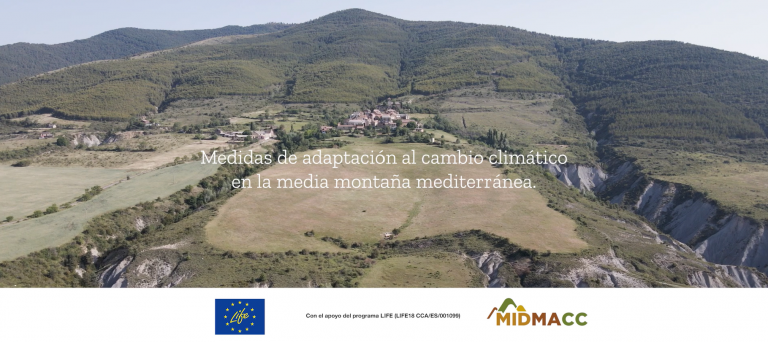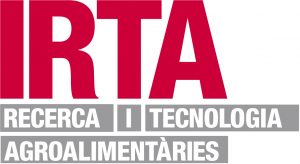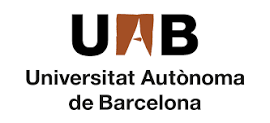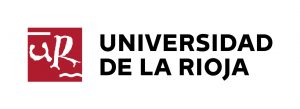This video summarizes main project recommendations, depending on the adaptation measure tested:
Scrubland clearing for pasture recovery:
● Secure annual funding for scrub clearing, as it is highly profitable in environmental, landscape and socio-economic terms if done under the criteria proposed by the project.
● Implement a regenerative grazing approach that combines variable stocking rates according to climatic conditions and the pastoral potential of each area.
● Ensure livestock use of cleared areas by improving grazing routes and access and providing incentives to guide these routes.
Adaptive Forest Management:
● Prioritise management in strategic forests for fire prevention and vulnerable to water stress, and consider herbaceous sowing and initial fencing if necessary.
● Focusing actions on the tree layer leads to improvements in tree health and vitality, while actions focused on the understorey reduce the risk of wildfire.
● Favouring grazing under trees to improve animal welfare during the warm months.
Extensive livestock farming:
● Train sheperds in regenerative and silvopastoral techniques.
● Improve the profitability of livestock farms through strategies such as direct-to-consumer sales and the creation of quality brands.
● Maintain and increase public subsidies for livestock farmers, considering the contribution of the mountain to the generation of ecosystem services, such as water production, carbon sequestration or soil conservation.
Mountain Vineyards:
● Implement cover crops gradually, providing support and training to farmers.
● Adapt the vine training system according to terroir and market demands.
● Prevent erosion and prioritise the increase of organic carbon in vineyard soils through techniques such as combining compost and cover crops.
Appropriate extensive livestock farming and well-integrated mountain farming promote landscape change characterised by a mosaic of uses that can include production values, important ecological and cultural values, regulation of hydro-morphological and soil conservation processes, and support for a wide diversity of habitats.
The results of LIFE MIDMACC have quantified how adaptation can reduce the vulnerability of natural systems and socio-economic activities to the impacts of climate change.










